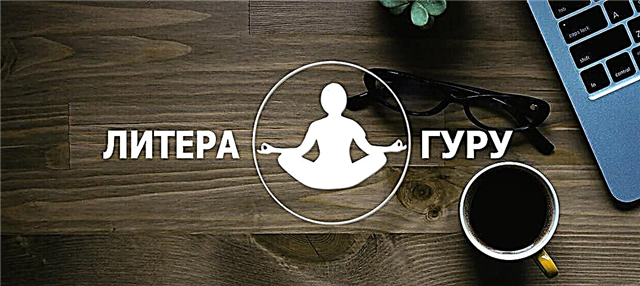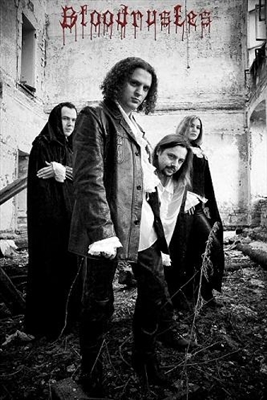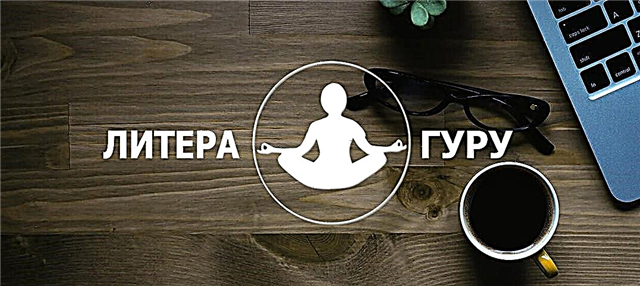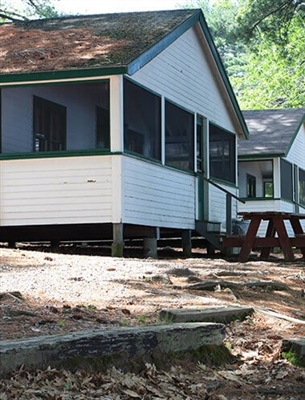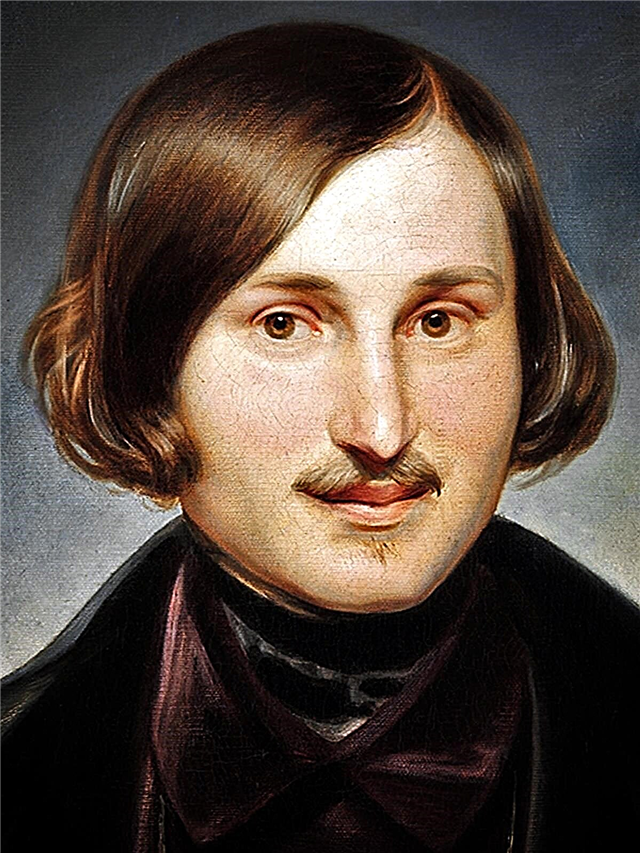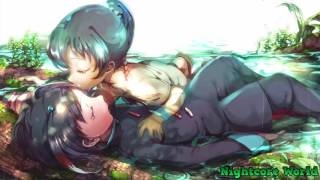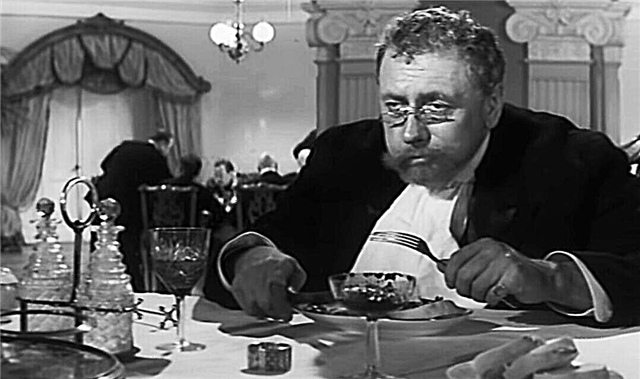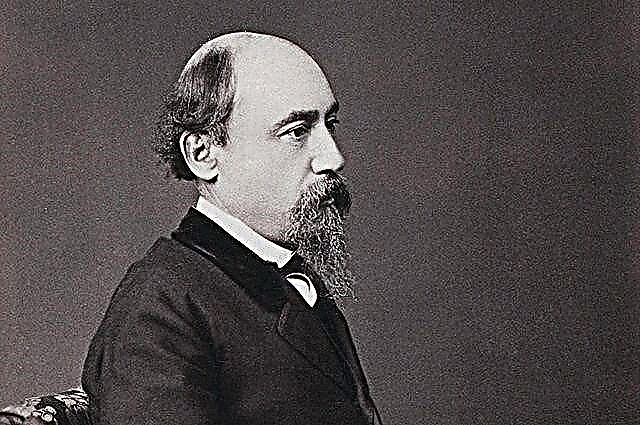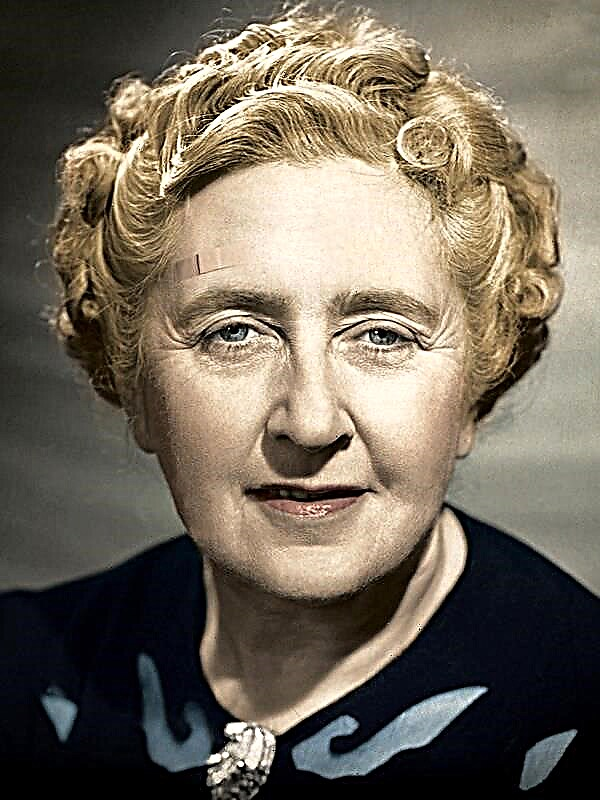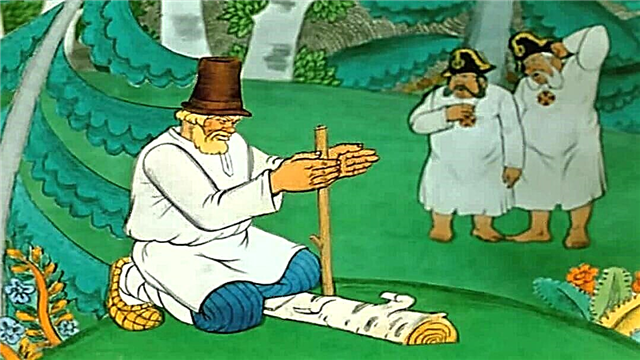: The storyteller looks at the school photograph and recalls a childhood friend, grandmother, native hut, dispossession, village life and the family of young teachers who organized a school in his remote village.
The narration is conducted on behalf of the matured Viti, in which Victor Astafyev himself guesses. In the original, the names of teachers become known only at the end - the storyteller completely forgot them, but found them while working on the story. The division of the retelling into chapters is conditional.
Arrival of the photographer in the village
In winter, Vitin’s school, located in a remote Siberian village, was agitated by the news that a photographer was coming from the city to take photographs of “not old people and old women, not rural people hungry to be immortalized”, but local school students.
Vitya is a storyteller; a schoolboy, an orphan, lives with his grandparents, studies poorly, is naughty
All the long winter evening, the schoolchildren decided, "who will sit where, who will wear what and what the routines will be." It was decided that “diligent students will sit in front, middle ones in the middle, bad ones back.” It appeared that Vitya and his friend Sanka would be put in the back row, because they "did not surprise the world with diligence and behavior."
Sanka - a friend of Viti, a bully, pushing him on dangerous adventures
It was not possible to defend a better place in the fight - the guys simply drove them away. Then the friends went for a drive from the highest cliff, and Vitya scooped up full boots of snow.
Viti and Sankin's disease support
Vitya froze his legs, and he began to have an attack of the disease, which grandmother Katerina Petrovna called "rheumatism." She claimed that her grandson inherited her from her late mother.
Katerina Petrovna - Viti’s grandmother, an imperious woman, loves her grandson, but holds him in tight rein
I did not fall asleep that night. Neither grandmother’s prayer, nor ammonia, nor the usual shawl, especially the affectionate and healing because my mother’s mother, brought relief. I fought and screamed at the whole house.
My grandmother rubbed Vitina's legs with ammonia, wrapped it in a shawl, warmed it near the chimney, soared in the bathhouse, dipping a broom in bread kvass. Then she gave her grandson a spoonful of vodka and drank milk boiled with poppy heads. In the morning, Vitya finally fell asleep and slept until noon.
In the afternoon, Vitya came for Vitya, but the boy could not take a picture - “thin legs broke”, like strangers. Sanka was saddened by the sight of a friend, and he said that he wouldn’t go either, but that he would have time to take pictures and then - his life was long. Grandmother supported them, promising to bring her grandson to the best photographer in the city. Only Vitya did not like it, because there would be no school in the photo, and he roared for a long time "from bitter impotence."
Young family of teachers
A few days later, teacher Evgeny Nikolayevich came to the sick Vita, inquired about his health and brought a finished photograph.
Evgeny Nikolaevich - rural teacher, 25 years old, hair smoothly combed back, ears protruding, face pale, inconspicuous, kind and smart, selfless
Despite his youth, Sanka, he seemed elderly and very respectable.
Vitya spent a long time looking at a photograph in which rural children were captured. In the thick of the guys stood Yevgeny Nikolaevich with his wife, Yevgenia Nikolaevna, and for some reason barely noticeably smiled.
Evgenia Nikolaevna - a rural teacher, the wife of Evgeny Nikolaevich, similar to him not only by name, but also externally
Only Viti and Sanka were not there ...
Grandmother, meanwhile, surrounded the teacher with care and attention, gave her tea. The teachers, the young spouses, were polite even to the exiles and were always ready to help, so Katerina Petrovna, like the rest of the village inhabitants, treated them with silent respect. Even Sankin’s father, a large drunkard and a “lider of the Likhodeys,” Yevgeny Nikolayevich was able to calm down only by talking to him once.
The family of young teachers occupied half of the dilapidated house. The villagers helped them as best they could: who would look after their newborn child, who would leave them milk, sour cream, cottage cheese or lingonberries, who would bring firewood.
“Teachers were the ringleaders” in the village club - they taught children to sing and dance, put on funny plays and played priests and bourgeois themselves. At village weddings, teachers were the most honored guests, but during the party they behaved strictly and taught the people to "not to bind them with a drink."
Organization of a rural school
Teachers began working in a village house with poor stoves, which was built by Vitin's great-grandfather. Great-grandfather dispossessed and exiled, and in his hut demolished partitions and turned out to be a big class.
Then the school was taken to a better building, and in the great-grandfather's hut, a collective farm board was established, which quickly fell apart. Then local poor people settled there, after which at the end the dilapidated dwelling was dismantled into logs. The hut of Vitya’s great-grandfather, in whom the boy was born, remained only in the photograph - schoolchildren appeared on her background.
At first, the school had no desks, no textbooks with notebooks, or pencils. For the whole first class there was one primer and a red pencil, which the children wrote in turn. Then the teachers organized the collection of recyclables and bought books, notebooks, paints and pencils with the proceeds, and the rural peasants made desks and benches for free. Teachers shared with their neighbors - rural women got hold of needles, threads and buttons, and children first tried roosters on sticks.
Memory of teachers
In the spring, when the notebooks ended, the teacher led the students into the forest and told me "about trees, flowers, grasses, rivers and the sky." He knew a lot about nature, but the children also knew about the forest that the teacher had no idea about. Children taught him taiga tricks. Once they came across a viper. Protecting the students, the teacher killed her with a stick, and only then the children explained to him that one should not beat a snake while swinging over his shoulder - a snake can wrap itself around a stick and fall on a person’s back.
Years passed ... And I remember the village teacher like that ... - polite, shy, but always ready to rush forward and defend his students, help them in trouble ...
Victor grew up, the names and faces of teachers were erased from memory, but the main thing remained - respect for the word “teacher”. Already working on the book, he learned from fellow countrymen that not only by their names, but also by their appearance they looked like brother and sister.These kind and dedicated people were remembered even by such negligent students as Vitya and Sanka.
School photography is also preserved. Many of the children filmed on it died during the Great Patriotic War. Vitya, who has matured, looks at her with a kind smile, without ridicule, because this “photograph is an original chronicle of our people, its wall history”, made “against the background of a clan, ruined nest”.

